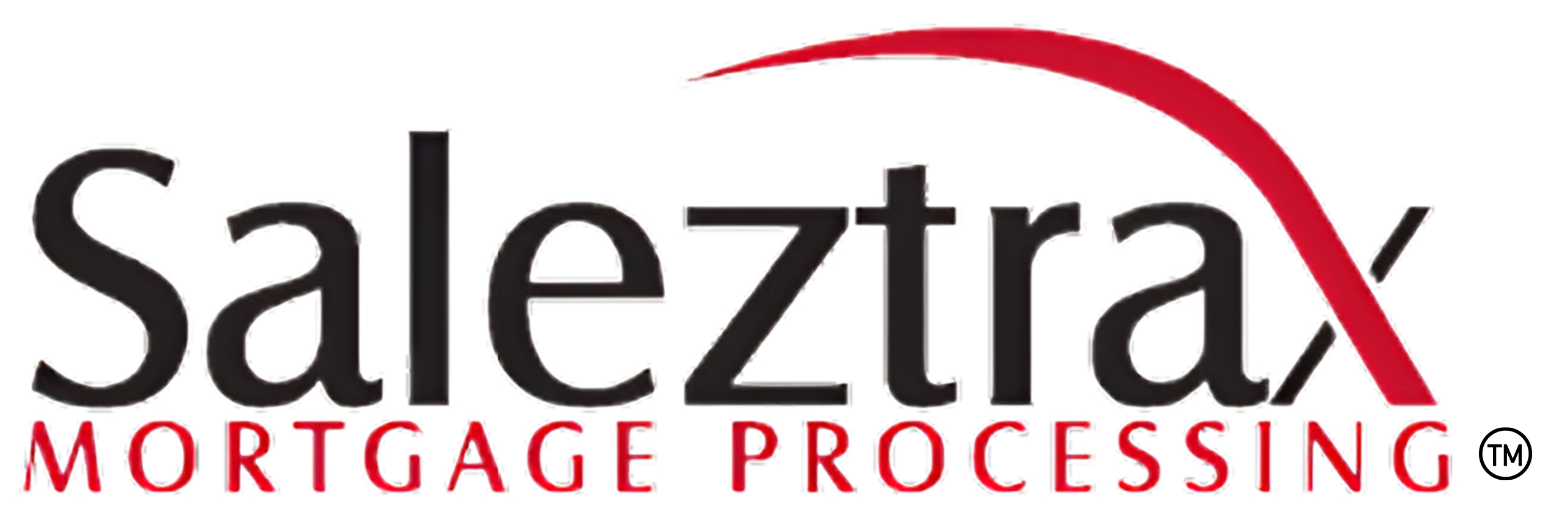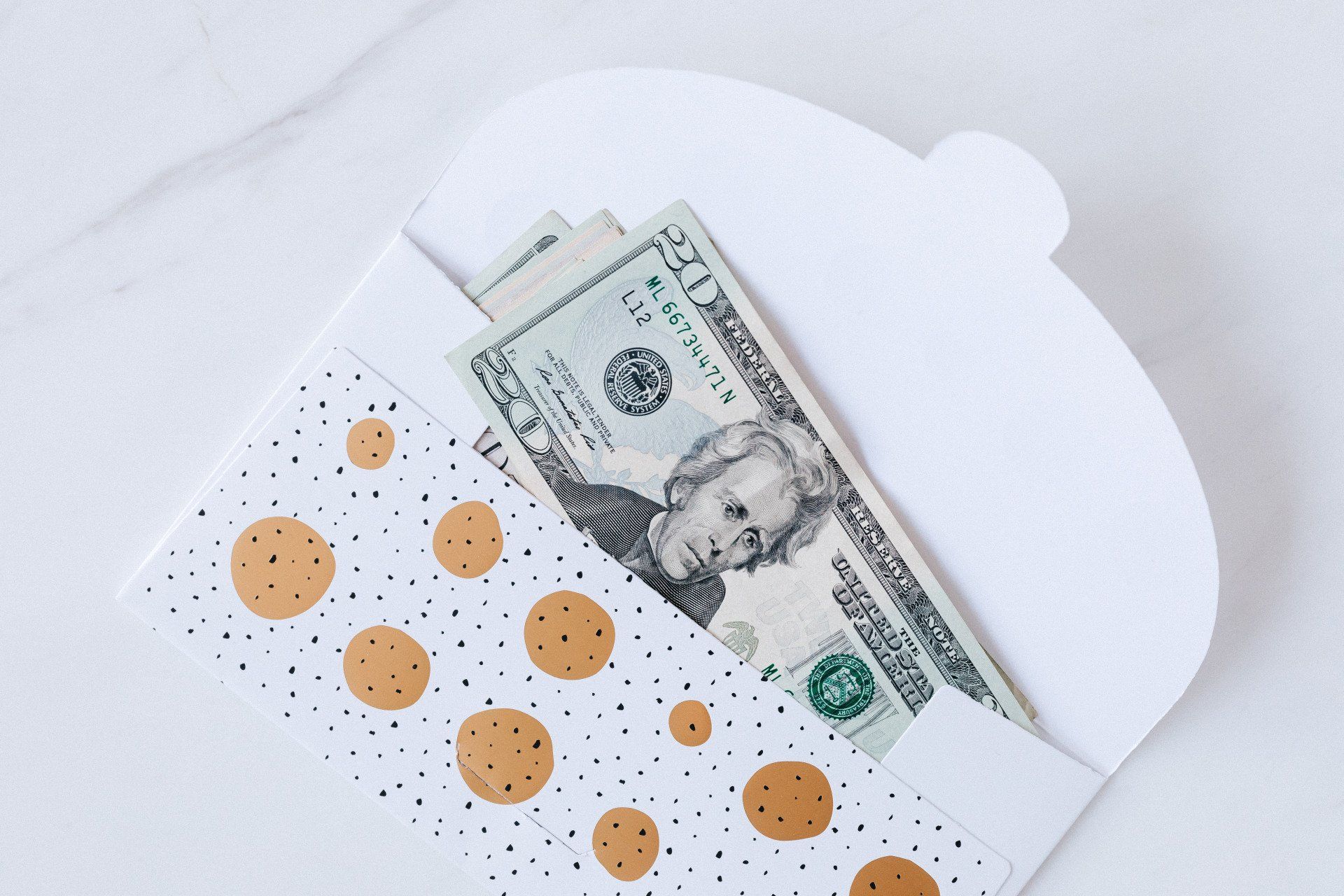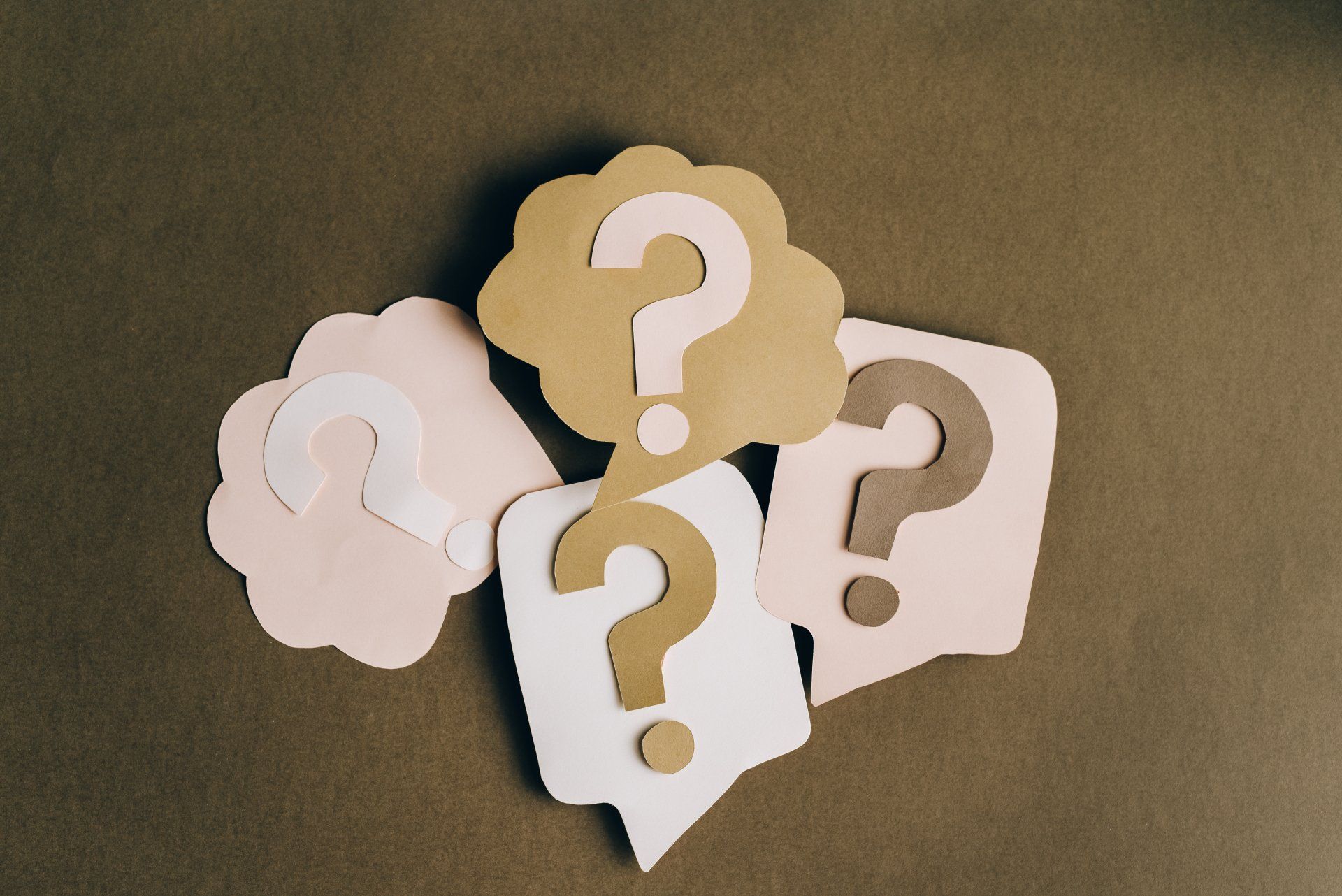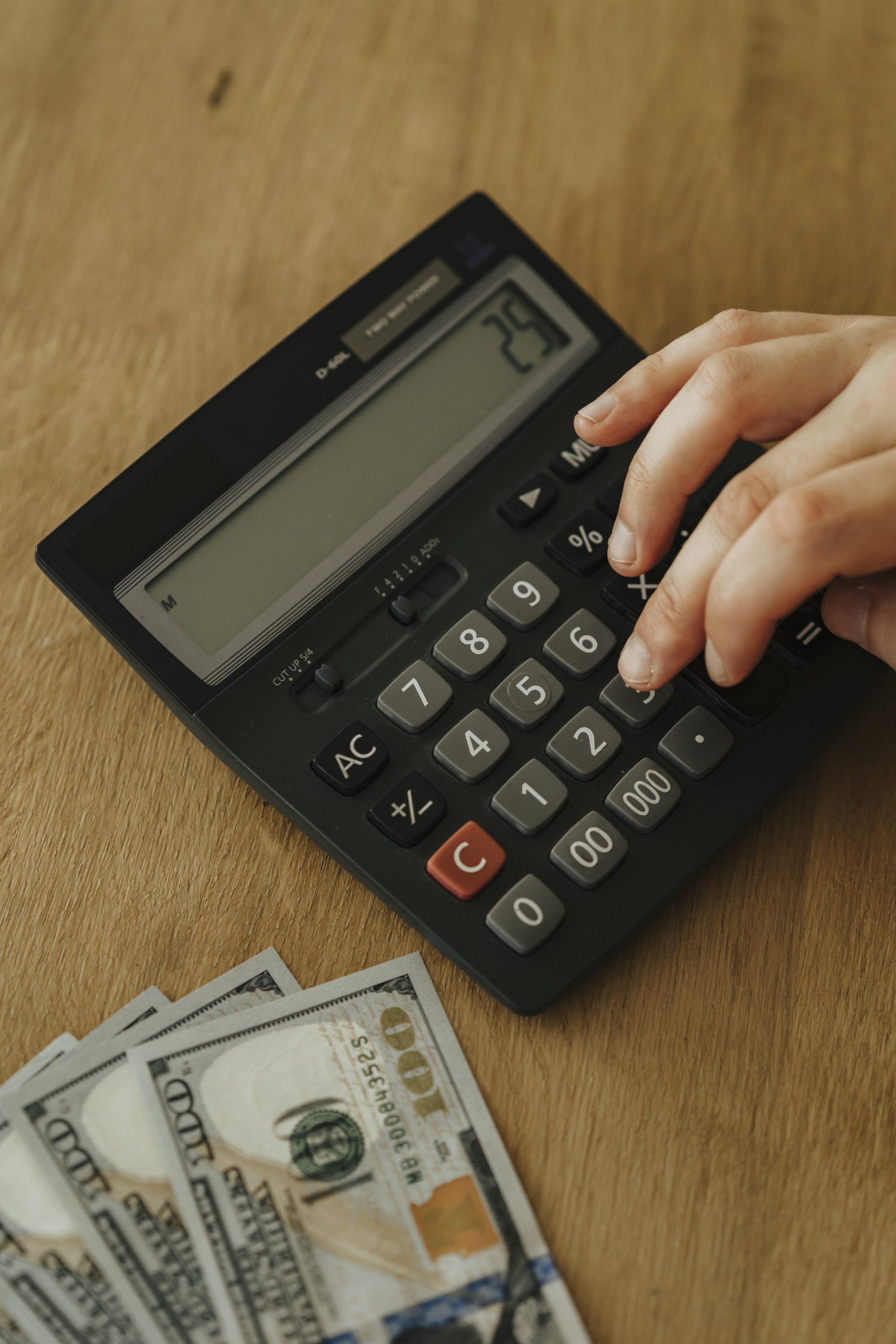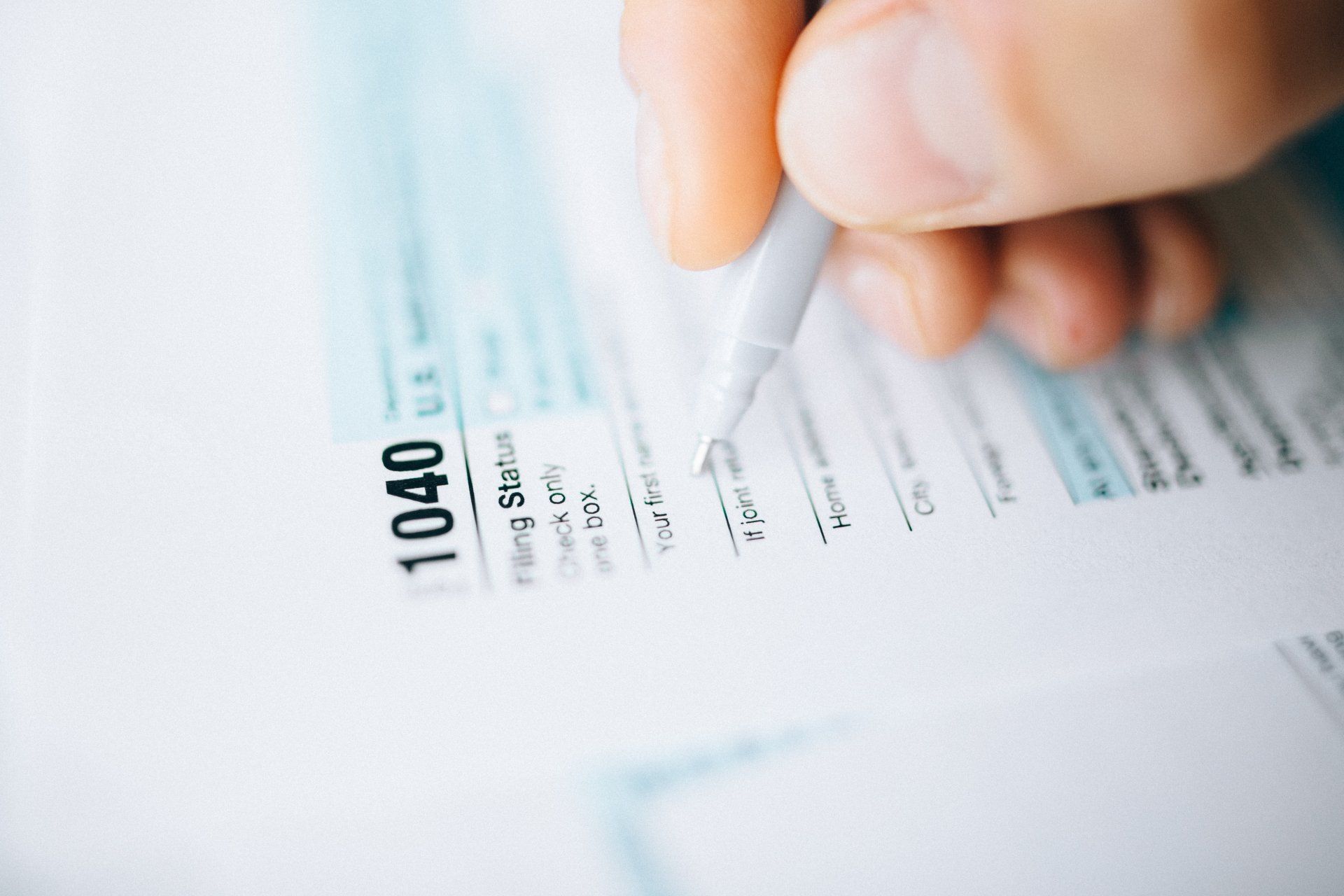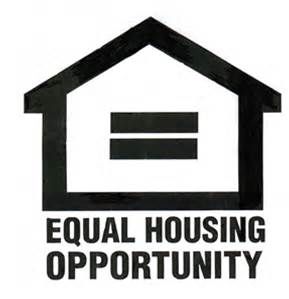How earnest are you about buying that house? Prove it with earnest money!
Original Source: readynest.com
Let’s say you’re shopping for your first house, and you’ve just finished touring one you really like. It checks off most of your must-have boxes, so you decide to make an offer (exciting!). You and your real estate agent go back to their office to write a purchase agreement. While completing the offer, they turn to you and ask how much earnest money you want to put down.
Wait … what? Earnest money? You’re confused because, until now, all talk of money has focused on the offer price, sale price and down payment.
Don’t worry, you’re not the first new homebuyer who isn’t familiar with earnest money.
What is earnest money?
Earnest money, also called a good faith deposit, is what you give the seller to make them feel more confident about accepting your offer and taking their home off the market while the sale is pending. It isn’t required, but sellers rarely accept an offer without earnest money – especially in a competitive market – because it reassures the seller that you’re serious about buying their house and won’t just walk away from your offer.
“I tell my buyers there are 2 prerequisites to making an offer on a house – a pre-approval letter and a good faith deposit,” says Richard Harris, a REALTOR® with Century 21 in Chandler, AZ. “Earnest money expresses your serious intent to buy the home; it shows you’ve got skin in the game.”
Personally, I think of earnest money as an engagement ring. It’s a symbol that demonstrates your intent to follow through on your offer. Like with many things in life, talk is just talk until you put your money where your mouth is.
How much money should you give as earnest money?
While there is no set amount, earnest money is typically 1%-3% of the home’s sale price. If you’re buying in a very competitive market, offering a larger amount can give your offer an edge over others.
Do you get your earnest money back if you don’t buy the house?
That depends. If you decide to walk away from the deal simply because you changed your mind or for other personal reasons, you can kiss your earnest money goodbye. The sellers keep it because they must now spend time and money to put the house back on the market.
This is why the more earnest money you put down, the more attractive your offer is to the seller. Sellers know it’s much harder to walk away from $10,000 than $1,000, so they’ll take note of that when considering offers.
However, there are 4 types of contingencies that are considered valid, legal reasons for backing out of a deal (assuming they’re included in your purchase agreement). If any of these contingencies occurs, you’re able to get your earnest money back:
- Home inspection contingency – If the house fails the inspection due to defects and seller doesn’t agree to remediation (i.e., fix the problem)
- Appraisal contingency – If the house appraises for less money than the sale price and the seller won’t lower the price of the house
- Financing contingency – If the buyer can’t secure financing for a mortgage loan on the house
- Selling house contingency – If the buyer is unable to first sell their current house
When these contingencies are included in the purchase agreement, you can get your earnest money back if the contingencies are not satisfied.
In a seller’s market that leads to bidding wars, some buyers choose to forgo some or all of these contingencies to present a more attractive offer that may have a better chance of getting accepted. This can be a risky endeavor because if any of those situations occurs and the sale doesn’t go through, you’ll lose your earnest money with no house to show for it. If you’re considering omitting these contingencies in your offer to purchase, consider the risks very carefully before doing so.
Where does the earnest money go?
Earnest money is held temporarily in a third-party escrow account for safekeeping until it is applied to the purchase price at the sale closing.
Is earnest money part of the down payment?
Yes! The good news is that once the offer is accepted, your earnest money becomes part of the down payment or can be used for your closing costs. So even if you’re unfamiliar with the practice of paying earnest money, you can factor the amount in your existing budget for what is admittedly already a pricey journey.
Good luck finding your dream home!
Subscribe to our blog and stay up to date about changes in the market that effect buyers. Or contact us to learn more about mortgage processing services.

